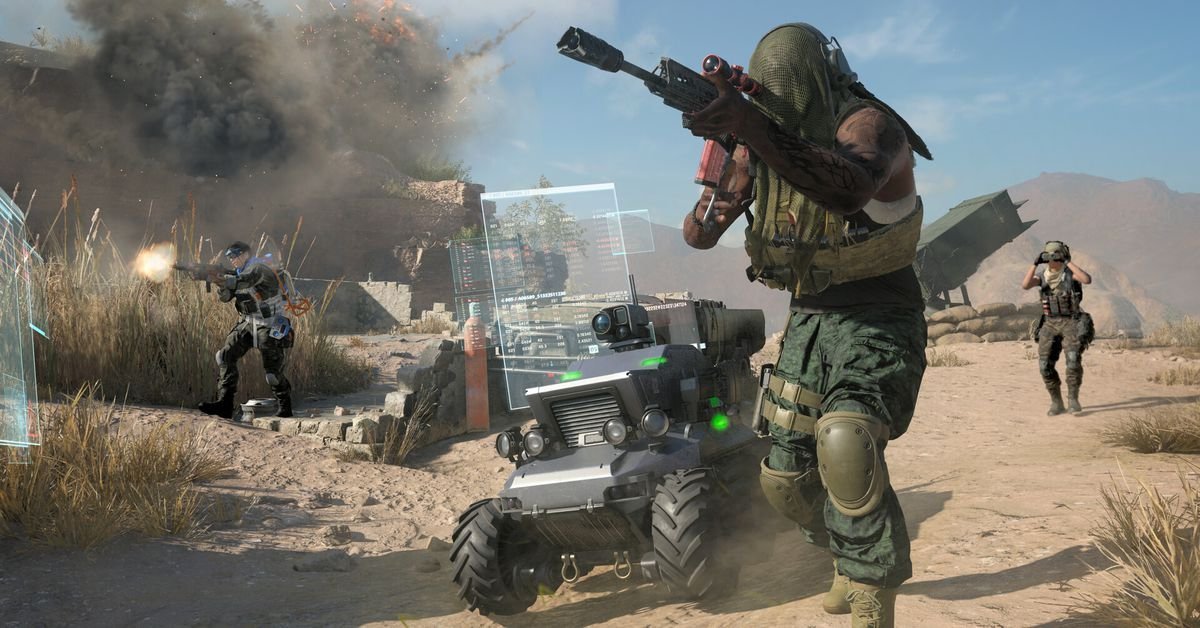Legal Battle Ensues Between Activision and Meta Over Uvalde School Shooting
The families of the victims of the tragic school shooting in Uvalde, Texas, have taken legal action against Meta, the parent company of Facebook, and Activision, the developer of popular game titles like Call of Duty. They allege that these companies played a role in the violent actions of the shooter, sparking a contentious legal battle that raises significant questions about the responsibilities of companies in regulating their platforms and the potential consequences of virtual violence spilling over into the real world.
Lawsuit Allegations
According to the lawsuit filed in the Los Angeles Superior Court on behalf of approximately 45 family members, Meta and Activision are accused of promoting the use of firearms to underage individuals. The lawsuit claims that these companies knowingly exposed the shooter to weapons, encouraged him to see violence as a solution to his problems, and trained him to use firearms. This accusation mirrors past attempts to hold game developers accountable for real-world violence.
The Tragic Incident
On May 24th, 2022, Salvador Ramos, an 18-year-old individual, carried out a shooting at Robb Elementary School in Uvalde, resulting in the loss of 21 lives. The lawsuit alleges that Ramos was an obsessive player of Call of Duty, honed his marksmanship skills through the game, and even utilized a weapon that resembled one featured in the game. Additionally, the shooter was reportedly targeted with aggressive marketing on Instagram that glorified combat scenarios, further fueling his violent tendencies.
Legal Actions
In addition to suing Meta and Activision, the families of the Uvalde victims are also pursuing legal action against Daniel Defense, the manufacturer of the AR-15 rifle used in the shooting. The lawsuit claims that Daniel Defense promoted its weapons to minors on Instagram, contributing to the accessibility of firearms to underage individuals. While Meta’s policies prohibit the promotion of weapons on its platforms, the shooter acquired the firearm directly from Daniel Defense’s website, bypassing Instagram.
Challenges and Responses
Section 230 of the Communications Decency Act shields platforms from liability for content posted by users, except in cases where the platform’s targeted advertising is a central issue. Meta has not yet responded to inquiries regarding the lawsuit. Activision has defended itself by highlighting that millions of individuals worldwide play video games without resorting to violent acts, emphasizing the lack of a direct causal link between gaming and real-world violence.
Closing Thoughts
While there have been persistent claims linking video games to violent behavior, research has consistently refuted these assertions. Legal battles targeting video game companies for the actions of individuals involved in violent incidents have largely been unsuccessful. Josh Koskoff, the legal representative for the Uvalde families, has a history of securing significant settlements for victims of gun violence, such as the $73 million settlement for the families of Sandy Hook school shooting victims from Remington.


